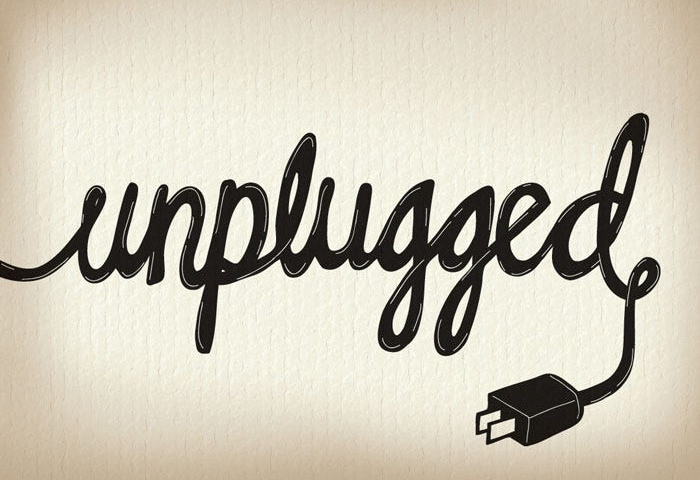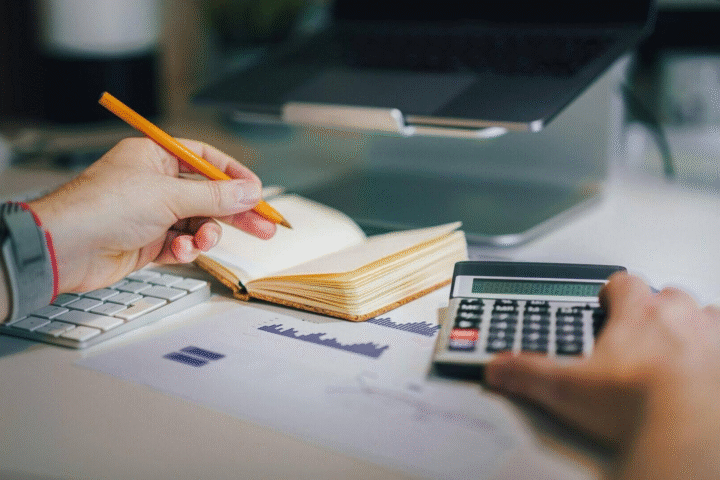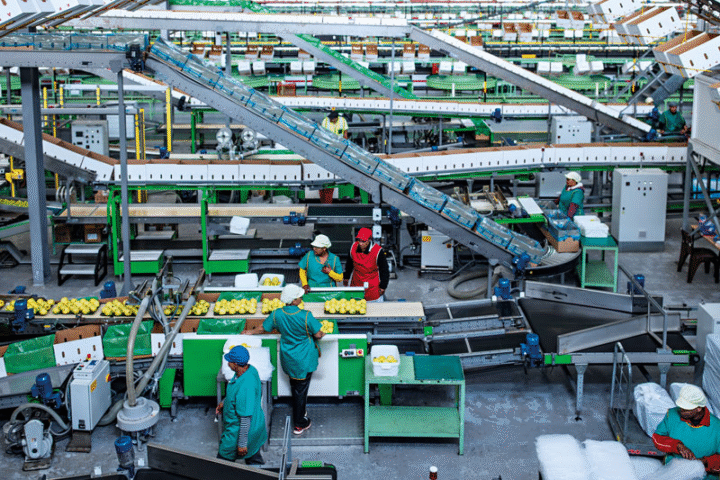Walk into any office, coworking space, or coffee shop on a Monday morning, and you’ll hear the same refrain: “I’m exhausted.” Despite advances in technology, healthcare, and awareness of wellness, fatigue has become the new normal. Surveys show that more than one-third of adults in developed economies consistently fail to get enough sleep. The irony is striking: in an age of convenience, where machines do much of our labor, humans are more sleep-deprived than ever.
Why? The answer is complex. Modern life bombards us with digital stimulation, artificial light, economic pressures, and cultural attitudes that glorify sleeplessness. Professionals often sacrifice rest to chase productivity, believing that sleep is expendable. Yet science tells a different story: sleep is not a luxury; it is a biological necessity. It regulates memory, mood, creativity, and even immune function. Without it, both body and mind falter.
This article explores the science of sleep, the cultural and professional forces undermining it, and practical strategies to restore healthy rest. It is not just about avoiding tiredness; it is about reclaiming one of the most powerful tools for performance and well-being.
The Biology of Sleep
To understand why sleep deprivation is so damaging, we must first understand what sleep actually does. For decades, scientists viewed sleep as a passive state — the body simply shutting down. Modern research has shattered that misconception. Sleep is an active, complex process essential for survival.
The sleep cycle consists of multiple stages, including light sleep, deep sleep, and REM (rapid eye movement) sleep. Each stage serves a distinct purpose. Deep sleep restores the body, repairing tissues, releasing growth hormones, and strengthening the immune system. REM sleep, by contrast, is crucial for cognitive function, consolidating memories, processing emotions, and sparking creativity.
During sleep, the brain also engages in a kind of “housekeeping.” Waste products like beta-amyloid — linked to Alzheimer’s disease — are flushed away by the glymphatic system. This nightly cleaning keeps the brain sharp and reduces long-term risk of neurodegenerative diseases.
When sleep is cut short, these processes are disrupted. Memory becomes unreliable, decision-making falters, and emotional regulation weakens. Physical health suffers too: sleep deprivation is linked to obesity, diabetes, cardiovascular disease, and shortened lifespan. In short, skipping sleep is not just inconvenient — it is dangerous.
Why Modern Professionals Are Always Tired
Despite knowing the importance of sleep, millions still struggle to get enough. The reasons are deeply tied to the way modern societies function.
First, digital technology has rewired our routines. Smartphones glow with blue light that suppresses melatonin, the hormone that signals the body to sleep. Social media platforms and streaming services encourage endless scrolling and binge-watching, pushing bedtimes later. Work emails follow us home, blurring boundaries between office and bedroom.
Second, cultural attitudes glorify exhaustion. Many industries still treat long hours as proof of dedication. Young professionals brag about pulling all-nighters, as if lack of sleep were a measure of ambition. Executives boast about surviving on four hours a night, reinforcing a myth that sleeplessness equals strength. This narrative persists despite overwhelming evidence that it undermines performance.
Third, economic pressures play a role. In expensive cities, professionals often take on multiple jobs or commute long hours, leaving little time for rest. The rise of the gig economy further blurs schedules, with workers sacrificing sleep to maximize earnings. Sleep is not evenly distributed; it is shaped by class, occupation, and opportunity.
Finally, stress and anxiety keep people awake even when time permits. Deadlines, financial worries, and global uncertainty fuel insomnia. Paradoxically, the more people need sleep to cope, the harder it becomes to achieve. The result is a vicious cycle: stress reduces sleep, and poor sleep magnifies stress.
The Cost of Sleep Deprivation
The consequences of chronic fatigue extend far beyond grogginess. Economists estimate that sleep deprivation costs billions annually in lost productivity, healthcare expenses, and accidents.
At the individual level, fatigue impairs focus, slows reaction time, and increases errors. In high-stakes professions like medicine, aviation, or transportation, this can be catastrophic. Studies link sleep deprivation to major disasters, from oil spills to airplane crashes. For everyday professionals, the costs are quieter but still severe: missed opportunities, poor decision-making, and reduced innovation.
Health consequences accumulate over time. Sleep-deprived individuals are more prone to heart disease, weakened immunity, and metabolic disorders. Mental health suffers too, with links to depression, anxiety, and burnout. The “I’ll sleep when I’m dead” mentality, ironically, may shorten life expectancy.
On a societal level, sleep deprivation erodes community well-being. Families suffer when parents are too tired to engage. Relationships weaken when partners are irritable. Children mimic the habits of overworked parents, creating generational cycles of fatigue. In this sense, sleep is not just personal; it is collective.
Rethinking Productivity: Rest as an Investment
If sleep is so essential, why do professionals continue to neglect it? Much of the answer lies in how productivity is defined. In traditional workplaces, productivity is measured by visible effort: hours at a desk, meetings attended, or emails sent. Sleep, invisible by nature, is dismissed as inactivity.
Yet research proves the opposite. Well-rested professionals are more productive in fewer hours than their sleep-deprived counterparts. They make better decisions, solve problems creatively, and maintain energy throughout the day. Sleep is not lost time; it is preparation.
Forward-thinking organizations are beginning to recognize this. Some companies encourage employees to disconnect after hours, while others experiment with nap rooms or flexible schedules. The shift is slow, but it reflects a growing understanding: productivity must include rest, not exclude it.
On a personal level, reframing sleep as an investment rather than a cost can change behavior. Instead of asking, “How much sleep can I sacrifice?” professionals can ask, “How much performance can I gain by protecting my sleep?” The difference is not subtle; it is transformative.
Practical Strategies to Reclaim Sleep
Improving sleep is not about perfection; it is about consistency. Professionals can adopt evidence-based strategies to reclaim rest even in demanding environments.
1. Create a consistent routine. Going to bed and waking up at the same time every day regulates circadian rhythms. Inconsistent schedules confuse the body and disrupt sleep quality.
2. Control the environment. A dark, quiet, and cool bedroom promotes deeper rest. Investing in blackout curtains, earplugs, or white-noise machines can make a significant difference.
3. Limit screen time. Reducing exposure to blue light from phones and laptops an hour before bed helps melatonin flow naturally. Reading a physical book or practicing relaxation techniques is a healthier pre-sleep ritual.
4. Manage caffeine and alcohol. Both interfere with sleep cycles. Professionals should limit consumption, especially in the afternoon and evening, to avoid restless nights.
5. Address stress directly. Mindfulness practices, journaling, or light stretching before bed can calm the mind. If anxiety persists, cognitive-behavioral therapy for insomnia (CBT-I) is a proven solution.
None of these strategies require perfection; what matters is building sustainable habits. Even small improvements compound into better health, sharper focus, and greater well-being.
The Future of Sleep Culture
The way societies approach sleep is slowly changing. The wellness industry has embraced it, with sleep-tracking devices, smart mattresses, and apps designed to optimize rest. While technology is not a cure-all, it reflects rising awareness that sleep is as critical as diet and exercise.
Cultural narratives are shifting too. High-profile leaders, once known for boasting about sleeplessness, now advocate rest. Books, podcasts, and conferences emphasize sleep’s role in leadership and creativity. Younger generations, shaped by wellness culture, are more vocal about protecting boundaries and rejecting burnout.
The challenge lies in scaling these changes. Employers must redesign expectations, schools must adjust early start times, and governments must acknowledge sleep as a public health issue. Change will not happen overnight, but the seeds are planted.
Conclusion
Sleep is not optional, and fatigue is not inevitable. For modern professionals, reclaiming rest may be the most powerful productivity hack available. The science is clear: sleep strengthens memory, fuels creativity, regulates health, and extends life. The cultural challenge is to value it as much as we value work.
In the years ahead, the most successful professionals will not be those who sacrifice sleep for ambition but those who treat rest as non-negotiable. They will see sleep not as time lost but as energy gained, not as weakness but as strength. The future of productivity is not faster, longer, or harder. It is deeper, smarter, and well-rested.















